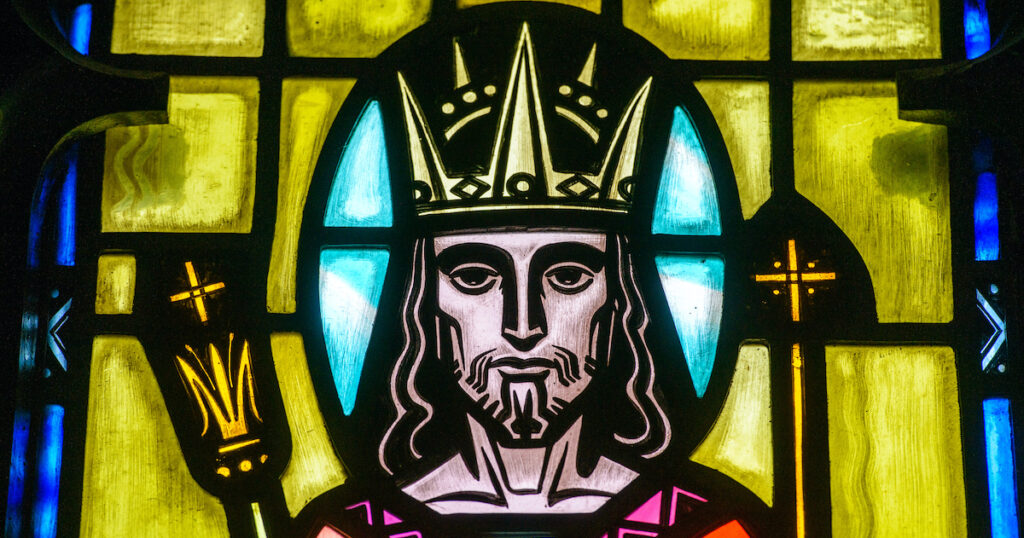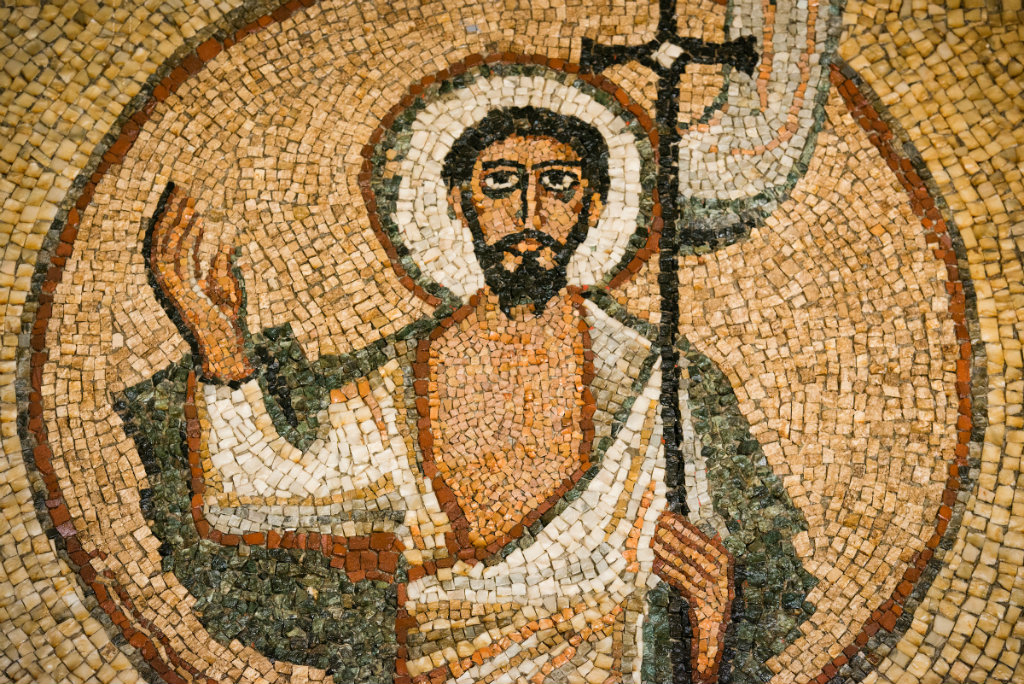Jesus asked, “Who do people say that the Son of Man is?” (Matt. 16:13).
That is a very important question. Most non-Christians today are as clueless as those who thought He was John the Baptist, Elijah, Jeremiah or one of the prophets. Today, many of Jesus’ followers do not realize who He is.
According to the biennial State of Theology survey from Ligonier Ministries conducted with LifeWay Research, the majority of Americans, 52%, believe that Jesus was a great teacher but not that He is God.
Surprisingly, almost one out of three evangelicals, 30%, agree with that statement, thereby rejecting the divinity of Christ.
The study defines “evangelicals” as agreeing strongly with these four positions: “The Bible is the highest authority for what I believe; it is very important for me personally to encourage non-Christians to trust Jesus Christ as their Savior; Jesus Christ’s death on the cross is the only sacrifice that could remove the penalty of my sin; and only those who trust in Jesus Christ alone as their Savior receive God’s free gift of eternal salvation.”
Of evangelicals who do believe in the divinity of Christ, a large number are heretics. In fact, two out of three evangelicals, 65%, agree with the statement, “Jesus is the first and greatest being created by God.”
The ancient heresy of Arianism said the same. It taught that Christ is a created being, not the eternally existent second person of the Trinity. Against Arianism, the Nicene Creed confesses that the Son of God is “begotten, not made.”
That is an important distinction. An artist might make or create a portrait of a human being. He might even love that portrait. But it still consists of canvas and paint. If the artist and his wife have “begotten” a child, however, that child shares their being, their essence.
God created the universe, including all of us. Whatever God has created, while utterly dependent on Him, is not God. We are a different kind of thing completely.
But, in the words of the Nicene Creed, the “Lord Jesus Christ” is “the only‐begotten Son of God, begotten of His Father before all worlds.” Therefore, He is “God of God, Light of Light, very God of very God, begotten, not made, being of one substance with the Father.”
In the same way, your son is a human being of a human being, a true human of a true human, being of one substance with you, his parents.
Jesus is God’s “only-begotten Son.” By virtue of adoption, we, too, are children of God. He is our Father too (Rom. 8:14–17). St. Paul explains:
But when the fullness of time had come, God sent forth his Son, born of woman, born under the law, to redeem those who were under the law, so that we might receive adoption as sons. And because you are sons, God has sent the Spirit of his Son into our hearts, crying, “Abba! Father!” So you are no longer a slave, but a son, and if a son, then an heir through God. (Gal. 4:4–7)
By faith in the Gospel through the Holy Spirit, by the Baptism that unites us to the Son of God, His Father is our Father. His creatures become His children.
The most popular modern Bible translations leave out the creedal “begotten” language in their renderings of John 1:18, John 3:16 and John 3:18. The NIV says “one and only Son;” the ESV says, “only Son.” They focus on the first half of the Greek word μονογενῆ — “mono” meaning “alone, only.” They neglect the latter half of the word, “genos” which means “birth, offspring, family or kind” (the source of our word “gene”).
The distinction between begotten and made is particularly important in our era of designer babies, artificial intelligence and other issues involving medical ethics and technology.
That so many “Christians” believe that Jesus is just another creature and not God in the flesh may be a symptom of evangelicals’ lack of interest in creeds, theology and catechesis. It may also be connected to the fact that 41% of evangelicals believe they are saved by their good works rather than by Christ.
Only a man who is also God could bear our sins and die for them. Only the second person of the Trinity could reconcile us to God. Only the Son of God could make us sons and fellow heirs with Him.
Let us confess as St. Peter did: “You are the Christ, the Son of the living God” (Matt. 16:16).





Very helpful. There is more information than I understand. That said, this article opens my eyes to more investigation about the Trinity.